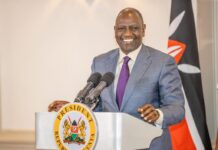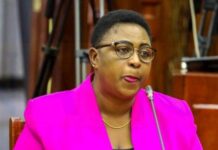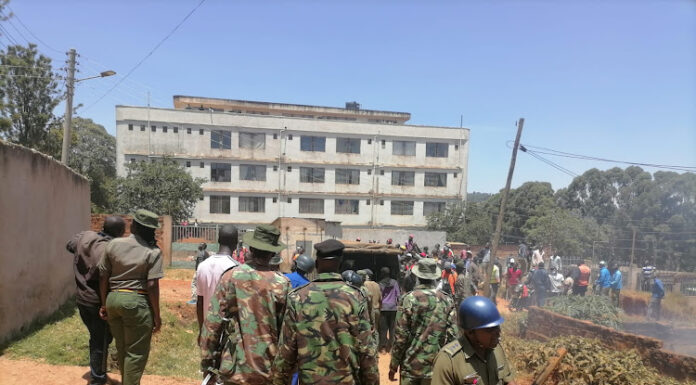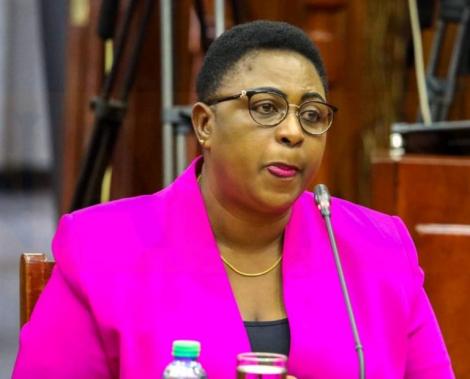
A petition asking for Nairobi senator Johnson Sakaja to be disqualified from running for governor due to the legitimacy of his academic work from university was denied by the High Court.
According to Justice Anthony Mrima, there was no proof the senator was ineligible to run for the position, hence the electoral commission did not fail in approving him.
“The evidential burden shifted to the petitioner. Even by considering the evidence in the affidavit that was struck out by the tribunal, there was no evidence to support allegations leveled against Mr Sakaja. The tribunal did not err in dismissing the complaint for lack of proof,” said the judge.
The petitioner had stated that the IEBC has a legislative duty and obligation to examine the validity of papers supplied by political candidates.
“By taking no steps to verify the authenticity of the degree certificate purportedly issued to Mr Sakaja by Team University on October 21, 2016 the IEBC and the returning officer were complicit to a fraud perpetrated by Mr Sakaja, contrary to the IEBC’s obligations as established by Article 88(4) of the Constitution,” they said.
However, Justice Mrima declared that the IEBC lacks the authority or mandate required by law to examine the validity of the papers supplied by applicants. He highlighted that the IEBC was under no legal or constitutional duty to check the legitimacy of Mr. Sakaja’s degree certificate.
“There is no legal provision requiring the elections returning officer to verify authenticity of documents availed by aspirants, no law or constitution places such a duty on the IEBC and returning officers. They would act in vain by verifying the documents as IEBC has no tools. There is no reason for this court to add other duties on IEBC which are not provided for in the law,” said Justice Mrima.
The judge added that it wasn’t the first time a court had to deal with allegations that a candidate had false educational credentials.
He requested that an investigation into such illegalities be conducted by the investigating agencies and the director of public prosecutions because they are unlawful in nature and unfair for someone to profit from them.










